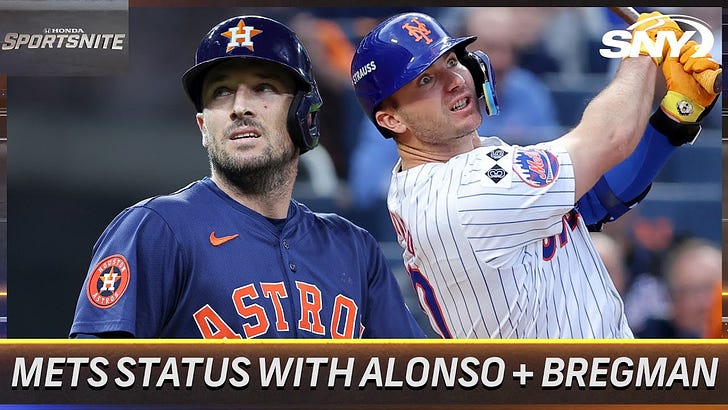The challenge of evaluating Alex Bregman’s future value lies at the intersection of historical precedent, statistical trends, and the gut-check that every front office must perform when weighing a long-term contract. Bregman has been nothing short of stellar for the Houston Astros. From his breakout 2018 season to his MVP-caliber 2019 campaign, he has consistently provided high-level production at third base, a position where consistency is often fleeting. Yet, as he approaches his age-31 season, the whispers of decline grow louder, and a deeper dive into his comparables paints a picture of potential caution rather than confidence.
Eric Chavez, the first name that comes up in the B-Ref comps, offers a sobering template. Chavez was a standout for the Oakland Athletics in the early 2000s, flashing elite defense, a smooth left-handed swing, and the ability to post five-win seasons like clockwork. But after hitting age-30, Chavez’s production fell off a cliff. Injuries played a significant role, but the raw numbers tell the story: from his age-30 season onward, Chavez accumulated only 2.7 Wins Above Replacement (WAR). A player once projected as a surefire Hall of Fame candidate instead became a cautionary tale about the perils of long-term commitments.
For Bregman, the Chavez comp isn’t a perfect one — he’s a right-handed hitter with a slightly different offensive profile — but it’s the broad strokes that hold. Like Chavez, Bregman’s peak production has been rooted in a high-contact approach, excellent plate discipline, and enough power to punish mistakes. Chavez’s rapid decline underscores the risks associated with betting big on third basemen who rely on a combination of bat speed and defensive prowess, both of which tend to erode with age.




